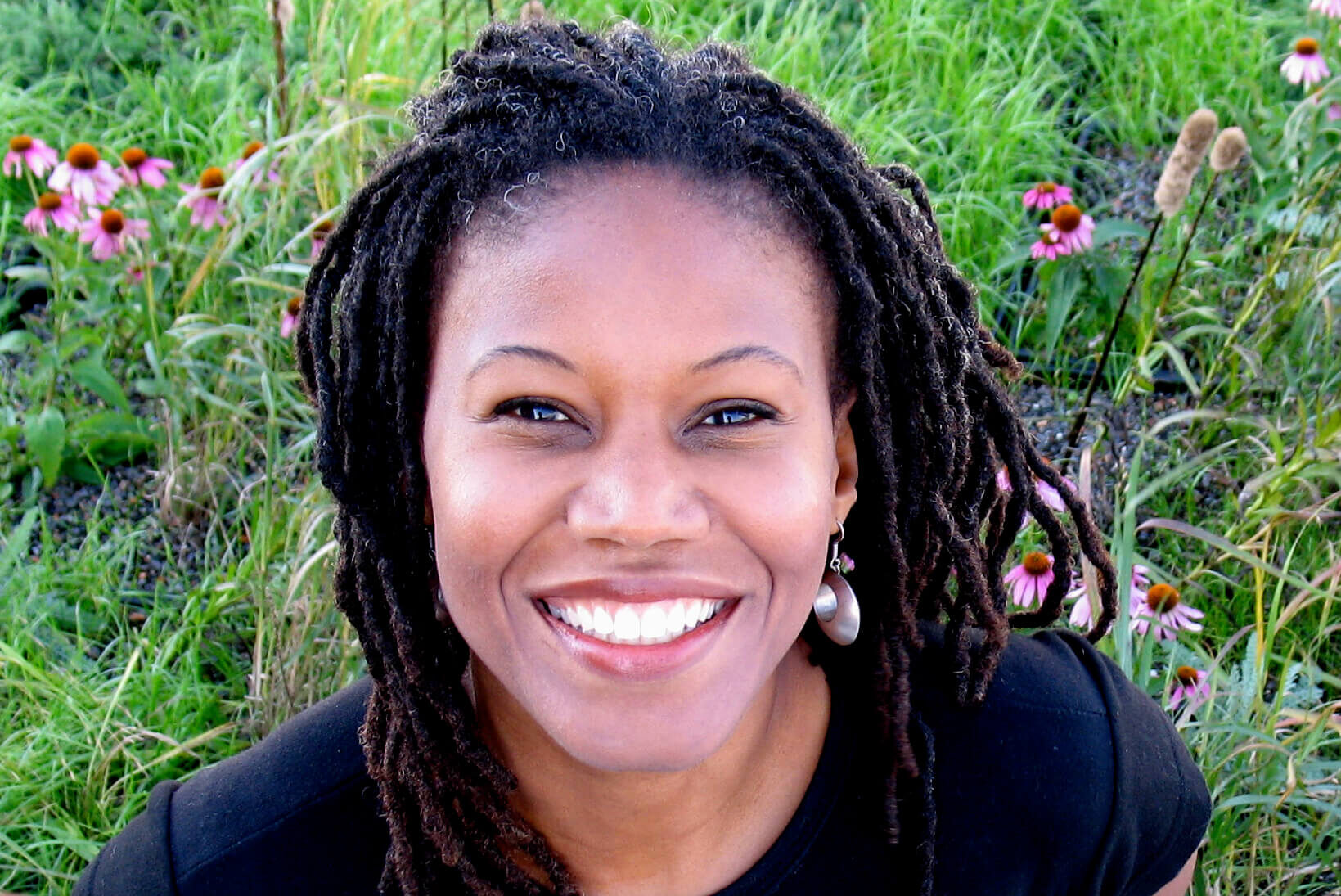
Black activists have shaped our nation, created the blueprint for civil disobedience, and built the backbone of every movement changing the world today. RAN — and the direct action and nonviolent protest that’s woven into the fabric of our organization — wouldn’t exist without the trailblazing path built by Black activists and movements that came before us.
The models we use to fight for climate justice, corporate accountability, and Indigenous land rights are part of a long, interconnected thread of resistance. The tactics we employ—direct action, community organizing, strategic corporate pressure—are all informed by movements that came before us. And at the heart of so many of those movements have been Black activists, whose leadership in environmental justice has shaped the way we fight today.
This is why DEI (Diversity, Equity, and Inclusion) isn’t just a buzzword — it’s a responsibility. White led environmental nonprofits, must acknowledge that we have risen up THRU and BECAUSE of the struggle and strategies of Black, Indigenous, and frontline communities that came before us. To abandon DEI efforts now, in the face of the growing right-wing backlash against racial and social justice, would be to erase the very foundation that made movements like ours possible.
Lessons of History That Give Us a Roadmap Today
Activists like Frederick Douglass and James Baldwin have spoken truth to power. Harriet Tubman — also known as Moses — risked her life 13 times to lead more than 70 people to freedom through the Underground Railroad network, and fought her entire life to end slavery in the South.
Martin Luther King Jr. led the Civil Rights Movement to end segregation, win back voting rights, and fight for equality.
Marsha P.Johnson was a drag queen and activist who helped ignite the Stonewall uprising, fighting back against police raids in New York City and sparked the LGBTQ movement.
Fred Hampton — the Chairman — spent his life fighting to give, “Power to the People,” through his work at the NAACP, the Black Panthers, and the founding of the Rainbow Coalition.
“Nothing is more important than stopping fascism, because fascism will stop us all.”
-Fred Hampton
Black activists have given us their courage, their strategies, and the will to fight back against oppression. Let their stories inspire you, and give you the courage to follow in their footsteps.
Meet just a few Black activists who have inspired us:
🔥 Hazel M. Johnson – The Mother of Environmental Justice

Hazel Johnson exposed the toxic pollution devastating Black communities in Chicago’s South Side, proving that environmental destruction was a racial justice issue. She founded People for Community Recovery in 1979 and forced the government to acknowledge environmental racism — laying the groundwork for the national Environmental Justice Movement that continues today.
🌱 Majora Carter – Visionary for Green Justice in Black Communities

Majora Carter refused to accept that low-income neighborhoods had to be dumping grounds for pollution. She founded Sustainable South Bronx, transforming abandoned spaces into green infrastructure and launching one of the first urban green jobs programs in the U.S. Her work challenges the idea that economic development and environmental justice must be at odds.
🌊 Dr. Beverly Wright – Defending Gulf Communities & Climate Justice

Dr. Beverly Wright has fought for decades to protect Black and Indigenous Gulf Coast communities from environmental disasters, toxic pollution, and climate change. As the founder of the Deep South Center for Environmental Justice, she has shown that climate action must center the people most impacted.
🏛 Rev. Leon Sullivan – Holding Corporations Accountable for Exploiting Land & People

Rev. Sullivan’s corporate accountability principles forced major companies to change their business practices, laying the groundwork for how we hold corporations accountable today. His work challenged industries that destroy forests and displace Indigenous communities — proving that fighting for the planet means fighting for the people who have protected it for generations.







